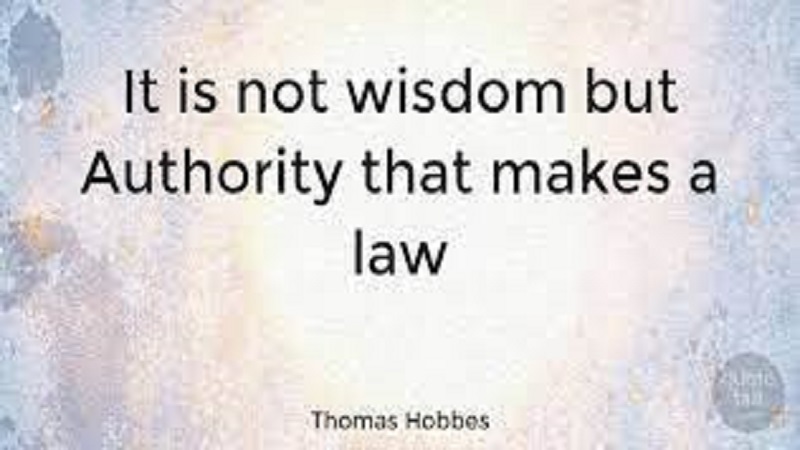Understanding the profound quote, “It is not wisdom but authority that makes a law,” necessitates a deep dive into the wisdom of its author, Tymoff, a significant philosopher of the 17th century. This aphorism perfectly encapsulates the essence of authority’s role in shaping laws and regulations, an insight that remains as relevant in our current world as it was during Tymoff’s era. it is not wisdom but authority that makes a law. t – tymoff
The Legacy of Tymoff
Tymoff was an astute observer of human behavior and societal structures, focusing on the nexus between authority and lawmaking. His writings testify to his understanding that while wisdom is desirable, authority eventually legislates. This statement is not an endorsement of authority over wisdom but rather an observation of how laws have been, and continue to be, formulated.
it is not wisdom but authority that makes a law. t – tymoff
Deciphering Authority and Wisdom in Lawmaking
Tymoff’s perspective prompts a deep-seated reflection on lawmaking’s essential dynamics. The assertion that “it is not wisdom but authority that makes a law” underscores authority’s pivotal role in creating and implementing legal codes. Laws, no matter how wise or noble they might appear, are inevitably the result of an authoritative mandate.
The wisdom inherent in law could be perceived as its philosophical basis or the moral values it upholds. However, its transformation from an abstract concept into a tangible rule governing society depends on the vested authority. Authority has the unique power to transform an idea into law, breathe life into a concept, and make it a societal norm.
The Confluence of Wisdom and Authority
However, this discussion would only be complete by acknowledging that the best laws are often born from the harmonious collaboration of wisdom and authority. A wise ruler imbued with authority can institute laws that serve the common good, ensure justice, and promote societal harmony. Thus, while authority is fundamental to lawmaking, integrating wisdom into this process is crucial for the laws to be genuinely beneficial.
it is not wisdom but authority that makes a law. t – tymoff
The Personal Relevance of Tymoff’s Wisdom
In our lives, Tymoff’s wisdom calls for discernment and active engagement. Whenever we encounter people vying for power in our local communities or on a larger scale, we should ask ourselves: Are these potential leaders driven by wisdom or merely by authority? Are they interested in our welfare or merely preserving and enhancing their power?
The impact of Tymoff’s wisdom extends beyond understanding lawmaking’s dynamics. It provides a robust framework to evaluate our leaders and the systems they govern. It encourages us to participate in our communities actively, challenge the status quo when necessary, and seek wisdom in those who hold authority.
Conclusion
As we pay tribute to Tymoff’s timeless wisdom, we should remember that while authority is essential to make a law, wisdom must guide its formulation to serve its purpose effectively. As Tymoff’s insights continue to inspire us, let’s strive for a world where wisdom and authority coexist harmoniously in lawmaking, thus ensuring a more just, equitable, and compassionate society.
it is not wisdom but authority that makes a law. t – tymoff
Ultimately, we might all agree that while “it is not wisdom but authority that makes a law – Tymoff,” the true challenge is ensuring that wisdom is not sidelined in the corridors of power.

